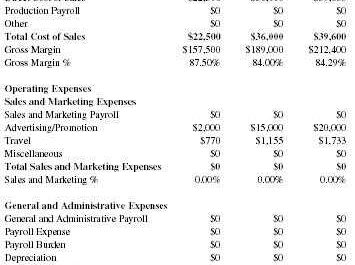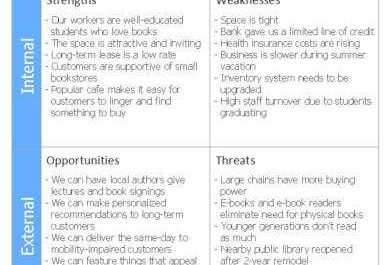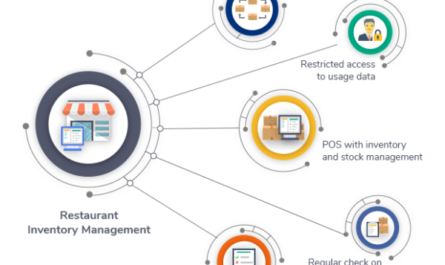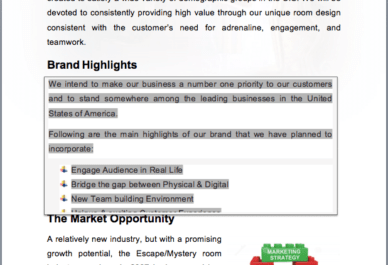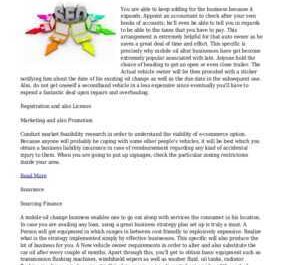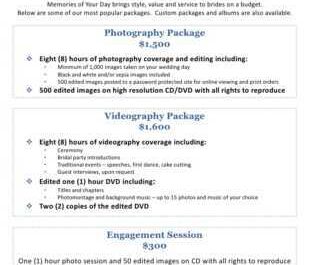Are you interested in opening a temporary recruitment agency
Unemployment is widespread in most countries, so the demand for temporary workers is increasing. Many people try to find a job in order to become financially stable and independent. Setting up a temporary recruiting agency is a good way to help these people find work, while also helping businesses and organizations find talent that matches their capabilities.
In addition to the financial rewards, setting up and running a temporary recruiting agency gives you the opportunity to help unemployed people find good jobs. Temporary staffing is a complex business that requires a lot of work to set up and operate. But with the right information, you get it right from the start.
So if you want to take the plunge, here are the guidelines for starting a successful temp agency.
- How to start a recruiting agency
Creating a Temporary Staffing Agency – Sample Business Plan Template
1. Determine the type of recruitment agency you want to open
Your first step in starting a successful temporary recruiting agency is determining the type of recruiting agency you will be running.
2. Write a business plan Writing a business plan for your temporary recruiting agency will help you gather your thoughts and ideas and find out if there is a market for you for your temporary recruiting agency. Plus, a business plan will help you understand what you need to get started in terms of money, effort, and time. In addition to the start-up phase, a business plan will also help you manage your business, grow it and achieve your goals. 3. Register your business Find the right name for your business. You will need a unique, memorable, and branded name. If possible, choose a name that reflects the essence of your business. And if you’re targeting a specific industry, add something about that industry in your business name – only if it doesn’t lead to a messy name. To register your business, you may need to visit your local business registration agency. pay the required fees and meet all other business registration requirements. 4. Obtaining the necessary licenses and permits Starting a business usually requires obtaining certain government licenses and permits. These documents and the procedures for obtaining them vary by state and country. If you need more information on the requirements in your state or country, please contact the appropriate local agency. Obtaining the necessary licenses and permits, besides not having serious problems, will increase customer confidence in your business. 5.Purchase liability insurance You will be held responsible if the temporary staff you work with, with whom you work, are injured on the job, make a mistake or do not do their jobs as intended by the employer. And there is a possibility that there are claims against you. Commercial insurance is a smart way to protect yourself and your business against liability claims from your customers and employees. 6. Configure your payroll system Recruitment agencies pay temporary staff on a weekly basis. Thus, a frequent payroll system is necessary. To simplify payroll processing, you can purchase payroll software or use payroll services. Outsourcing can help you do a great job by focusing on the most important aspects of your business. 7. Find a suitable location If you intend to have staff and a place where clients and job seekers can visit you in person, you will need to rent an office. The parking space factor and other important factors when choosing a location for your business. 8. Hire the necessary staff If you are planning to start a temporary recruiting agency that goes beyond one person, you will need to hire sales and hiring staff. Recruiting and selling to clients attracts good clients. As such, you need to hire people with a solid background in HR or in the specific industries you want to serve. 9. Promote your business Your marketing efforts will target both companies in need of temporary staff and job seekers. Reach out to businesses and introduce your business to them via cold call, direct mail, email, phone or other media depending on your target industry. You can also advertise in newspapers and attend trade association events. To attract job seekers, advertise in local newspapers and on high traffic forums and blogs. You can also create social media accounts for the same purpose.




